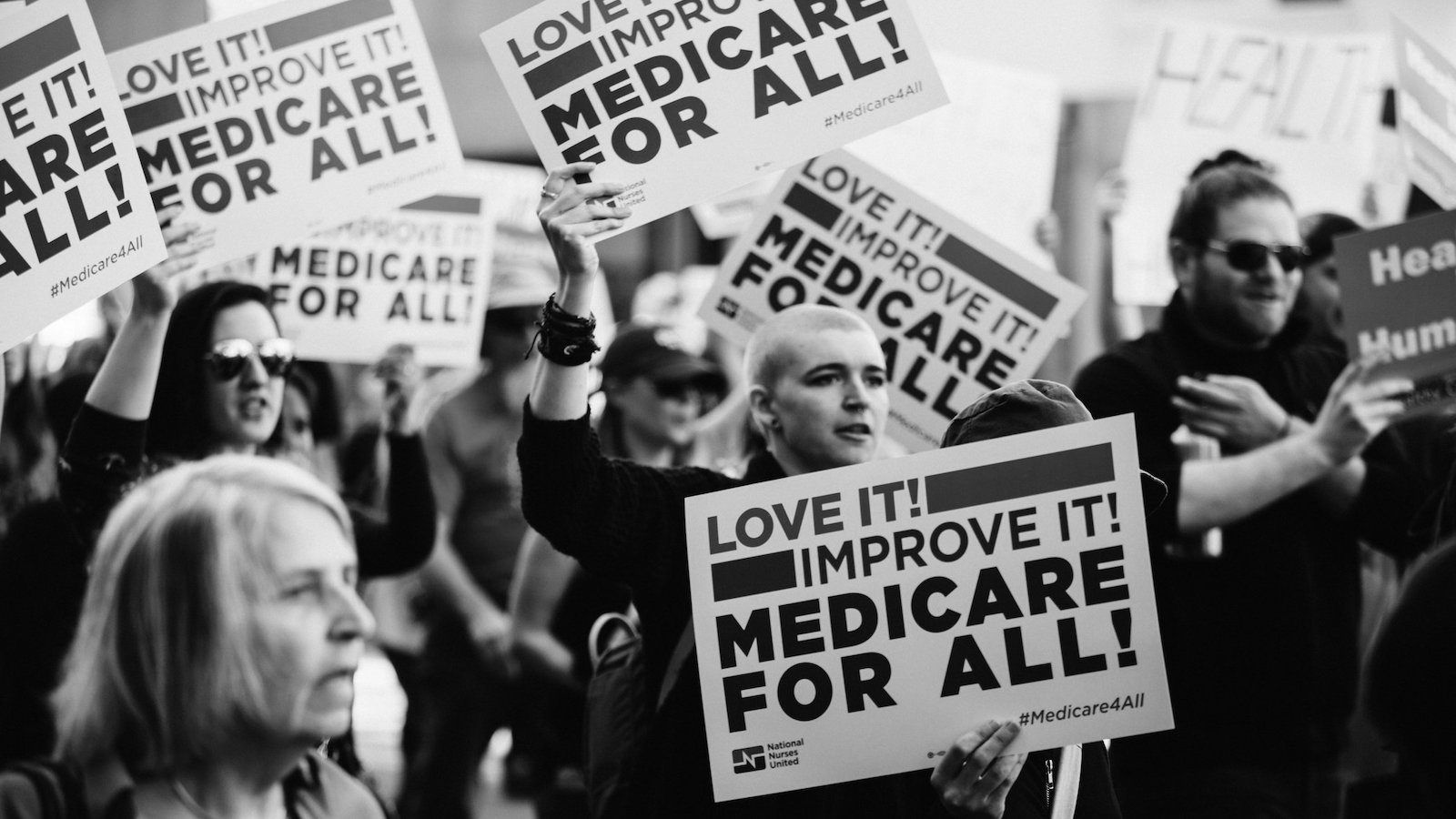
Australian Health Care During COVID Shows the Problems with Medicare for All
The next time a US politician stands up in favor of Medicare for All, we should remember Australia during the pandemic and egg them until they sit back down.
Just this past December, Australia’s universal health care system threatened to deny coverage to its unvaccinated citizens. Their socialized system enables bureaucrats to crush the medical rights of minorities. We shouldn’t want any part of this in the U.S. But if congressional Democrats got their way, it’s precisely what we’d get.
Currently, the United States operates under a mixed health care system. The government accounts for over one third of all health care spending, but there is still some semblance of a private market. It looks like Biden’s Build Back Better package is in its death throes, but if the ill-conceived bill had actually passed, it would have moved us further toward a single-payer system.
This gradual shift, like Kamala Harris’s incremental transition to Medicare for All plan, seems to be the strategy among progressive Democrats in the House and Senate, and it won’t die with Build Back Better.
By expanding Medicare coverage and increasing government spending on health care, eventually we’ll have a full-fledged universal single-payer system in which the government is the one and only source of health insurance.
This is a bad idea. Australia shows us why.
The Australian government of New South Wales actually considered denying health care funding to unvaccinated citizens who end up in the hospital after contracting COVID-19. The “universal health insurance” that Australians were relying on to cover them wanted to back out, leaving them to pay out-of-pocket for care they desperately need. Most Australians aren’t prepared to pay for expensive hospital stays. But if a measure like this were ever to pass, they wouldn’t have much of a choice. With no other affordable insurance options, the unvaccinated would have to choose between getting the jab or getting the bill. There’s been no news on the proposal for months now—hopefully for Australians it’s faded for good, but the threat alone is unethically coercive.
This is what happens when you put the power to pay for health care into the hands of government bureaucrats. Decisions about health that used to be private become a matter of public debate. And the authority to tell individuals what to do with their own bodies is handed over to public health “experts,” who invariably go on a power trip.
We already know this story in the U.S.
Consider the Centers for Medicare and Medicaid Services’ (CMS) regulations requiring all health care providers operating under Medicare and Medicaid programs to be fully vaccinated, regardless of prior infection, natural immunity, or philosophical objections.
The supposed intent of the regulations is to keep sick health care workers out of the hospital. But that’s not what’s happening. Hospitals have been asking COVID positive health care workers to return to work while still positive, provided that they are vaccinated. In the meantime, those who are unvaccinated—regardless of if they’re healthy or if they have natural immunity (which we all know is the best kind)—are fired.
Under Medicare for All, this type of mandate would be extendable to all health care providers. This would put the power in the hands of government officials to force all health care workers to comply or lose their jobs, even though we know that the vaccines don’t prevent Omicron infection or spread.
It’s irrational regulations like these that prove our bureaucrats aren’t really concerned about public health, but about public control. They’ll allow flexibility for those who obey, but they’ll punish those who dissent.
Another recent example—Jason Wilson, a man suffering from kidney failure, was unwillingly removed from MUSC’s transplant list because he refused to get vaccinated against COVID. Fortunately, in the U.S., Wilson has other options. He is now considering treatment in other hospitals around the country. However, if Medicare for All were to pass, those options would vanish. The public health opinion is that you should get vaccinated. Under Medicare for All, it wouldn’t matter if you disagreed. Refusal to comply could result in a complete loss of health insurance coverage.
Is this the medical system that we want to live in, where a man could be denied life-saving treatment because of a personal choice?
Before we sign up for Build Back Better and continue down the road to Medicare for All, we should consider the implications. Medicare for All may not really be for all of us.
Free the People publishes opinion-based articles from contributing writers. The opinions and ideas expressed do not always reflect the opinions and ideas that Free the People endorses. We believe in free speech, and in providing a platform for open dialogue. Feel free to leave a comment.



